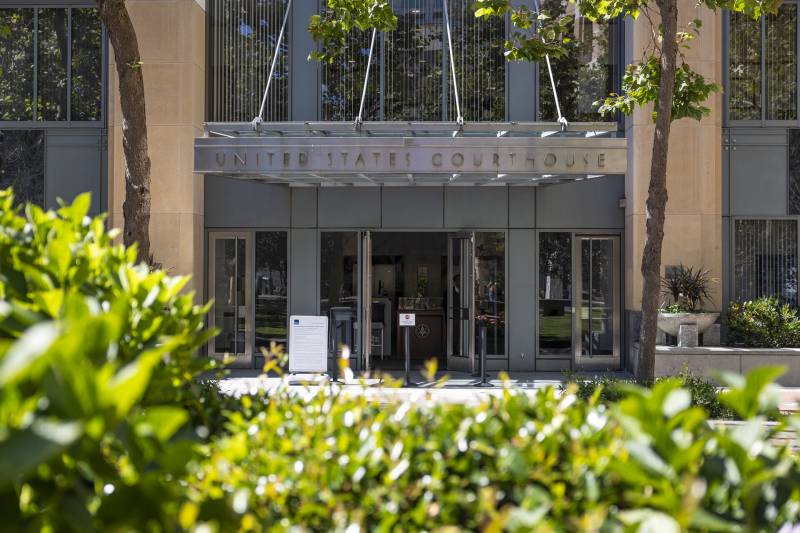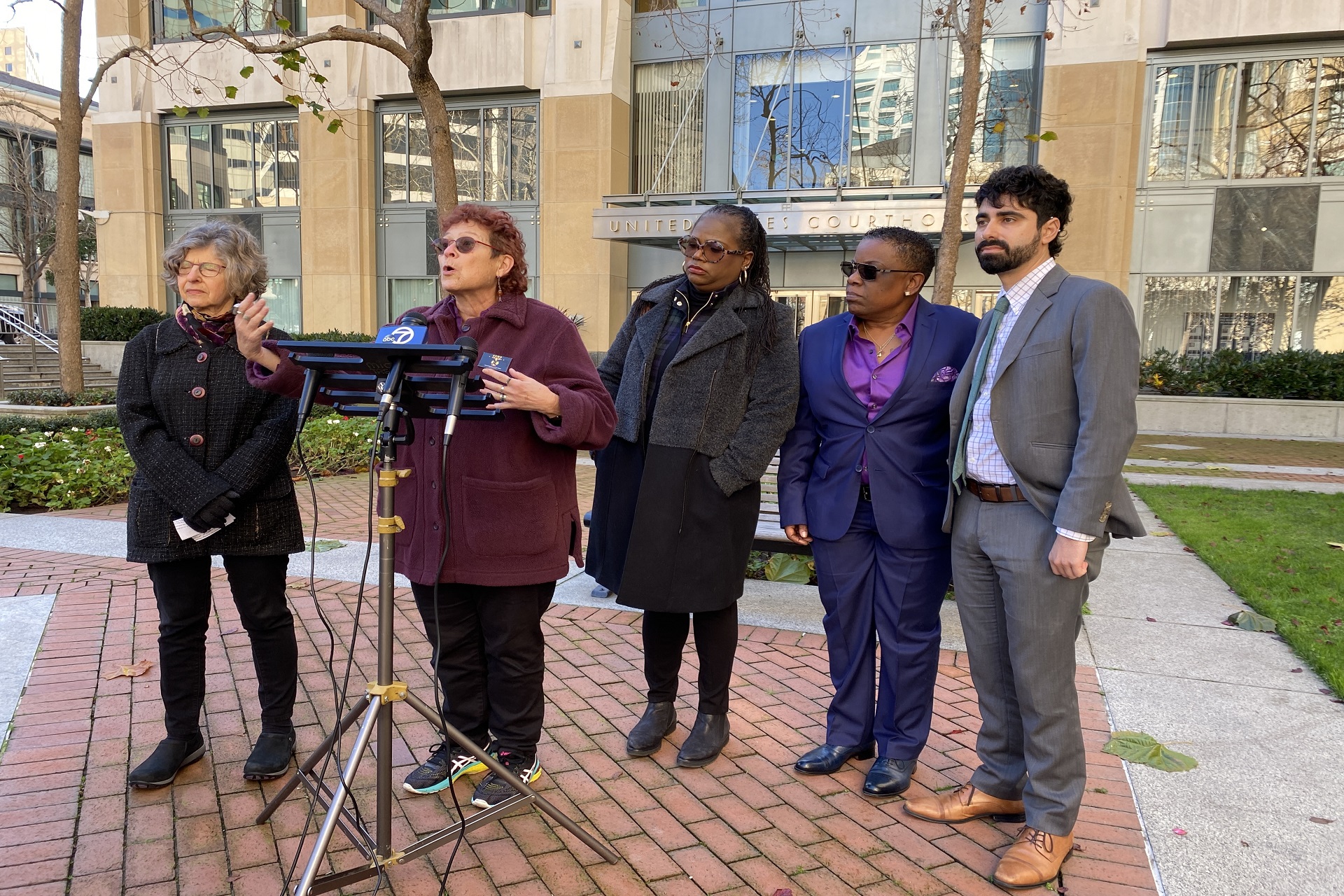Other incarcerated individuals at FCI Dublin said correctional officers have strip-searched them after reporting staff misconduct as punishment for coming forward.
“The way things are right now is not good, and somebody has to do something because the people in charge there are not,” said Roberta, who is currently incarcerated at the FCI Dublin prison. Roberta’s last name was not used for privacy reasons. “The repercussions for those of us who are left behind are real. For all that has happened — we are paying for it now.”
Beth Reese, the chief of internal affairs, testified on Thursday that strip searches after visits are a matter of policy. She said her investigators would not entertain cases of officers simply following policy.
Government attorneys originally planned to put four incarcerated people on the stand to defend the conditions at the prison. But only two ended up being transferred to the court on Thursday. One changed her mind, and one testified.
The sole individual who testified in support of the government said she had no complaints about the current conditions at the facility. She participates in programs and classes — and also revived her spiritual practice with the chaplain. She said she received prompt medical care for her high blood pressure and encountered no obstacles calling her lawyer.
She also said other incarcerated individuals tried to intimidate her about testifying for the government, saying her name was on a “snitch list.”
This week, the government also brought forward associate warden Patrick Deveney, who testified that “the institution was in shambles” when he arrived at FCI Dublin 18 months ago. Morale was low, communication was bad, and the culture was among the worst he had seen.

